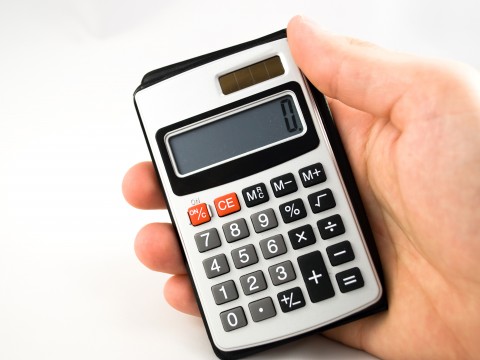Having a new baby changes everything
Having a new baby changes everything ““ including your household budget. ““ including your household budget. According to the 2009 report from the United States Department of Agriculture’s Expenditures on Children by Families, families who earned less than $56,670 a year will spend nearly $10,000 raising a child to age two. The higher your income, the more expensive your baby will be.

Before your baby is born, your household budget should be focused on preparing for your little bundle of joy. You will be stocking up on diapers ““ newborns go through a ton of diapers ““ as well as nursery essentials. You’ll need to buy a crib, a crib mattress, basic crib bedding, blankets, changing tables, a baby monitor, baby clothes, diaper bags, infant car seats, feeding supplies, the list goes on and on. You should budget at least $1,000 for all of these baby essentials. Fortunately, most of these items are one-time investments.
Planning Your Household Budget for Your Baby’s First Year
When planning your household budget for your baby’s first year of life, you need to account the loss of income that you may face after your baby is born. Under the Family Medical Leave Act, your employer may give you twelve weeks of unpaid leave after the birth of your child. If you are going to take maternity leave, you must take into account your lost wages and your regular expenses (rent/mortgage, groceries, utilities, insurance, etc.) If money is tight, you may need to cut back on certain recreational expenses ““ like changing your cable package, or eliminating magazine subscriptions.
After your baby arrives, your household budget will undergo dramatic changes. Diapers and baby clothes are a major on-going expense that you have to factor in. The average baby will go through 2,700 diapers in the first year of life. Some couples may choose to buy cloth diapers, which cost more upfront but save money in the long run. In addition to being a pooper, your baby is going to outgrow clothes pretty fast. You may have to constantly buy new clothes for your child. This can add up to $50 a month. A cheaper alternative to new clothes is to buy gently used clothes at a secondhand shop. If you have friends and family with children, you may ask to borrow their old baby clothes. That will also save you some money.
Account the Cost of Formula